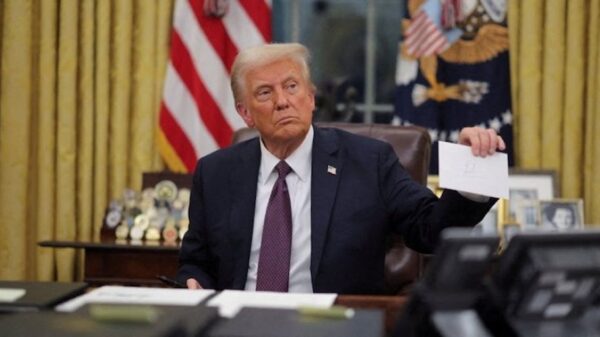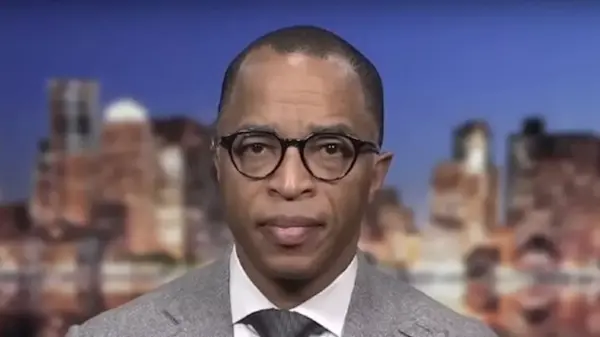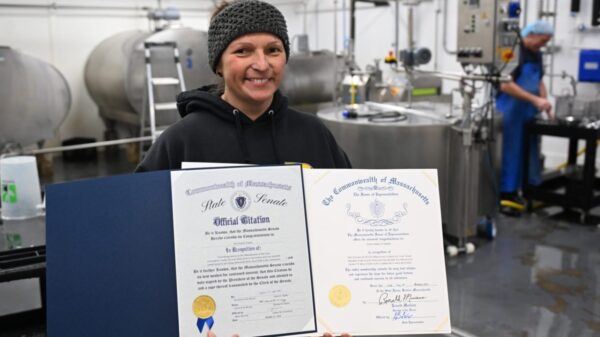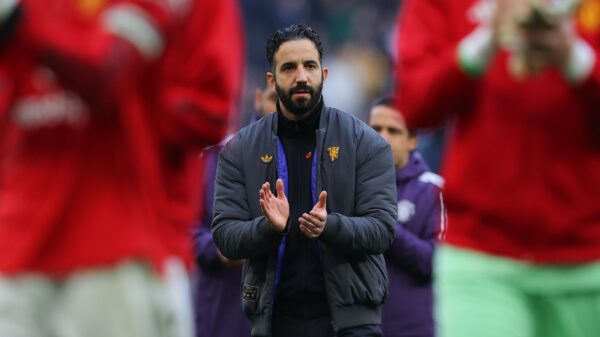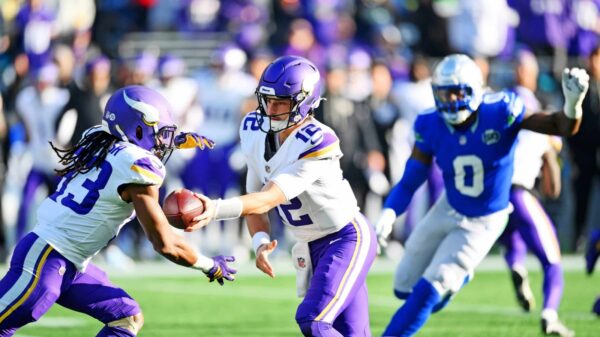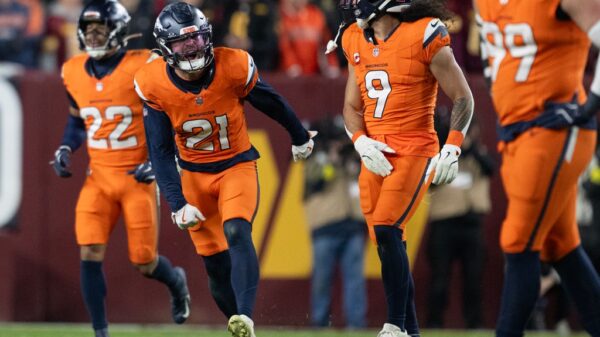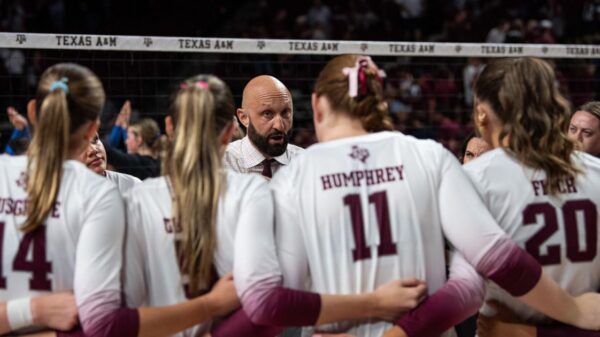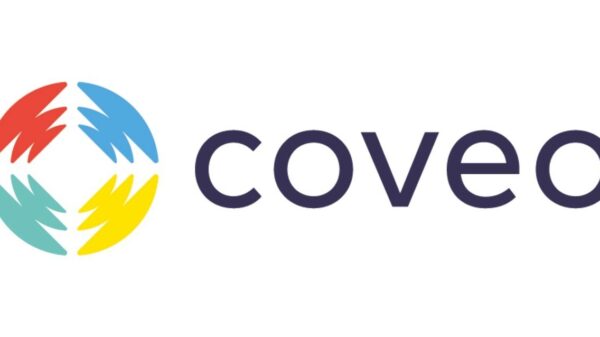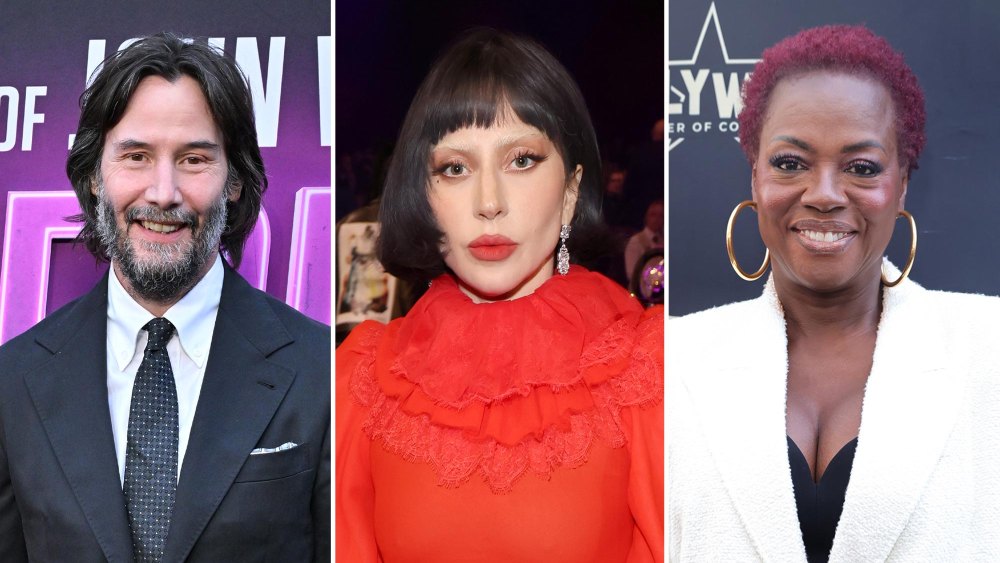Leadership is often envisioned as a role reserved for corporate executives, characterized by a commanding presence and authority. However, the world of entertainment presents a different narrative. Notable figures from Hollywood, such as Pharrell Williams, Lady Gaga, and Ryan Reynolds, exemplify a more collaborative approach that prioritizes the collective strengths of a team over traditional dominance.
Pharrell Williams: Unlocking Collective Genius
Pharrell Williams, known for his multifaceted career as a musician, producer, and the men’s creative director for Louis Vuitton, stands out as a collaborative leader. His ability to unify diverse talents for a common goal is evident in his many successful projects. For instance, a viral 2016 video showcased Williams’ genuine astonishment at hearing the music of then-NYU graduate student Maggie Rogers for the first time. This moment underscores his talent for recognizing hidden potential and fostering an environment of creativity.
Leaders like Williams challenge the stereotype that effective leadership requires a larger-than-life persona. Instead, they demonstrate that the best leaders empower others, creating conditions where collaboration can flourish.
Lady Gaga: Inclusivity as a Competitive Advantage
Similarly, Lady Gaga has made her mark not only in music but also in fashion, activism, and business ventures such as her cosmetics brand, Haus Labs, and the Born This Way Foundation. Her approach involves curating a diverse array of voices, which enhances creativity across her projects. Collaborating with talents like Beyoncé and Joaquin Phoenix, Gaga exemplifies the idea that inclusivity is not merely a value but a strategic advantage.
Research supports this concept, revealing that teams with diverse resources consistently outperform homogenous ones in solving complex problems. Gaga’s career showcases how embracing different perspectives can lead to innovative solutions and stronger outcomes.
Ryan Reynolds: Building Trust Through Humor
Actor Ryan Reynolds, known for his roles in films such as *Deadpool*, also illustrates a refreshing leadership style. As the owner of Wrexham AFC and a co-founder of Aviation Gin, he emphasizes partnership and humor in his collaborations. Reynolds’ successes stem from making others feel valued and included, establishing trust as a cornerstone of team performance.
His approach debunks the myth of the domineering alpha leader, showcasing that shared credit and a light-hearted atmosphere can result in highly productive teams.
Keanu Reeves and the Power of Kindness
Another prominent figure breaking away from traditional leadership norms is Keanu Reeves. Renowned for his roles in franchises like *The Matrix* and *John Wick*, Reeves is also celebrated for his generosity. Reports of him funding crew salaries and treating every individual with respect have solidified his reputation as a quiet leader.
Rather than commanding loyalty through authority, Reeves fosters psychological safety, allowing team members to feel secure in expressing themselves and taking risks. Studies indicate that teams with psychological safety consistently outperform those without, reinforcing the idea that kindness can be a powerful leadership tool.
Viola Davis and Meryl Streep: Elevating Others
Viola Davis exemplifies leadership through vulnerability. With her impressive accolades, including an Emmy, Grammy, and Academy Award (EGOT), Davis commands attention while creating space for others to shine. Her raw honesty in performances encourages her co-stars to elevate their work, fostering resilience and trust within teams.
On the other hand, Meryl Streep is often hailed as one of the greatest actors of her generation. Her ability to enhance the performances of her co-stars, from Anne Hathaway to Tom Hanks, demonstrates that true leadership amplifies rather than overshadows. Streep’s career illustrates that greatness in leadership is about supporting and uplifting others.
The insights provided by these celebrities reveal a fundamental shift in how leadership can be understood and practiced. The science of effective teamwork supports the notion that successful leaders cultivate trust, safety, and respect. As the entertainment industry continues to influence perceptions of leadership, it offers valuable lessons for the future, emphasizing the importance of collaboration and collective intelligence in unlocking true potential.




